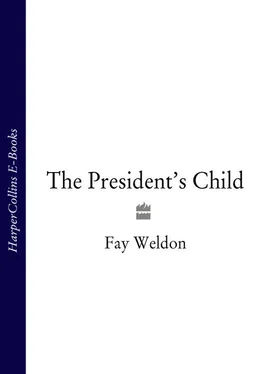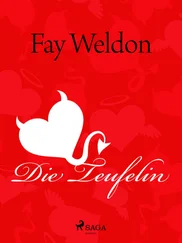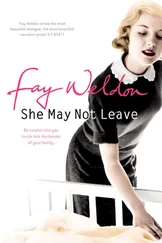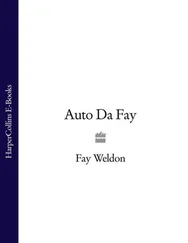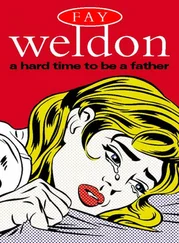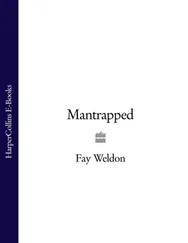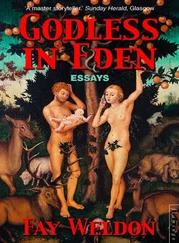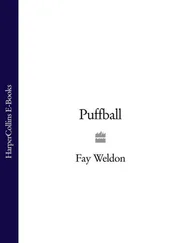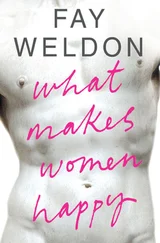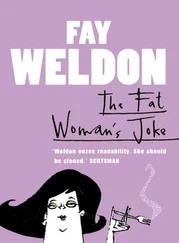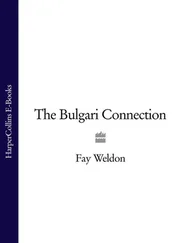Pit-pat, spitter-spat. Some children are more difficult to rear than others. Those most troublesome young grow up, eventually, to be the most co-operative and benign. That is the wisdom of Wincaster Row. If no one disciplines you, you do it yourself, eventually. Kropotkin said so, long ago.
Isabel and Homer said it to their neighbours, and each other. They shared the penances and triumphs of their beliefs, as they shared their lives, their income and the household chores. Isabel and Homer were partners in a New Marriage, in which all these things were shared, all things discussed. Up and down Wincaster Row we looked to Isabel and Homer to show us how to live, and worried because they didn’t quite seem to belong. He came from America; she from Queensland, Australia.
Pit-pat, spitter-spat. Rain is an extra hazard to the blind. A stick will tell you where the kerb is, but very little about the depth of the puddle the other side. When it rains, I stay indoors. I have good friends, a solicitous husband, and one of those machines which, if spoken to, will type back a printed version of what was said for the sighted, and a Braille version for the personal use of the operator. Thank God for progress, the silicon chip, and money.
The rain blows harder against the window-pane. Hilary turns on my central heating; it’s mid-summer but it’s cold. Presages of what’s to come! Surely men and women can be friends and lovers too? Be both parents and partners?
Homer and Isabel married because Jason was on the way. Isabel told me so, as she told me many private things. She was my good friend. When I first lost my sight it was Isabel who looked after me. My husband, Laurence, had often to be away. He is an investigative reporter: he fills up the back pages of newspapers, and is often away. Isabel guided me through the new, frightening dark, until I became accustomed to it. She was a good guide: she did not, at the time, understand fear; although later she was brought to it. She could not comprehend the terrors of my new place; she skated happily over practical surfaces, warning me of tangible objects – here a chair, there a step – and understandable events – you cannot read the telephone bill, but you can use the telephone to ask how much it is – ignoring the intangible, the horrific and the confusing – the voiceless shriekings and weepings and moanings in my head. There was a kind of obduracy in her that helped me; a startling common sense; a refusal, almost, to believe that going blind was a major event. She was blind to my blindness, in all but a practical sense.
And just as well, for so major an event did the failure of my sight appear, at first, to my husband, so filled were his own eyes with tears of guilt, remorse and pity, that for a time he could scarcely find his own way, let alone mine.
‘For God’s sake, Laurence,’ Isabel would say, ‘go back to the pub –’ and he would stumble back, unshaven and morose, from whence he’d come, leaving Isabel to teach me how to comb my hair by touch and code my clothes, by feel, upon the shelves: and leaving me, of course, bereft of the comfort of Laurence’s presence, however tiresome and maudlin he might be, however given he was to saying, ‘Oh, it is useless, hopeless. It is not just the beginning of the end, it is the end itself. We had better just give up, and die together.’
Now that I can no longer see people I hold memories of their appearance in my mind. They appear on the pale sheet of my memory: black-edged, cut-out figures, clearly defined. Laurence stands looming in a doorway, outlined by the light, blocking it out: sensuous, thick-set and fleshy: facing me, four-square: then he turns his head so that the light catches his face and his eyes are as wide and his cheeks as delicate as a girl’s.
Isabel lies upon a stone slab, hands folded in prayer, like some carved saint who achieved great glory in life and is remembered in death. Light from stained glass windows shines upon her imperfect profile, and glances off her long, broad-hipped body, the breasts unduly flattened after Jason’s birth. Then in my vision she sits up, and turns and smiles at me, and rises and stretches, confident and proud of her body, and saunters off, in so modern and careless a fashion as to put all thoughts of graven knights and saintliness out of my mind.
When she is gone the church is cold and empty and I am left in the dark again.
Isabel’s profile is imperfect because when she was nine she was kicked in the jaw by a horse her mother loved. ‘Don’t fuss,’ said her mother.
The Flying Doctor did, however. Isabel and her mother lived far into the Australian outback and were dependent upon rather makeshift medical arrangements. The doctor flew in, and wired and stitched and re-firmed teeth, and all would have been well had the horse not got her in the jaw a second time, barely a week later.
‘For Christ’s sake,’ said her mother, ‘what do you do to that horse?’
Here and now, sisters. Here and now. Build your houses strong and safe, love your children, and die for them if you have to, and try to love your mothers, who didn’t.
‘I patted its rump,’ said Isabel. ‘The way you told me I should.’ But her mother wasn’t listening. She was on the phone, getting a message through to the Flying Doctor. ‘I feel a right Charlie,’ she said.
The wet season was upon Harriet and Isabel by then: the helicopter carrying the Flying Doctor back crash-landed, and the doctor was injured. The yellow mud rose up around: if you went out in the rain your head hurt. The new injuries to Isabel’s jaw got forgotten, one way and another: her chin thereafter protruded too much and her mouth was flattened, and her teeth leaned backward, and joggled together; the doctor lost an eye and a leg. Isabel felt the responsibility of it all, but thereafter, having survived that, dreaded none. And the imperfection of the bottom half of her face, compared to the cool, gracious, wide-eyed perfection of the rest of it, gave her a quirky charm when she was young and a look of intelligence as she grew older. She inspired love as much as lust, in the souls of the young outback boys, who roamed in packs across the desert in that for the most part loveless land.
Pit-pat, spitter-spat. Rain in London is safe and mild, for anyone, that is, except the blind. It beats upon hard pavements and rolls away down drains. It doesn’t drown the world in yellow mud.
‘It’s no life for you here,’ said Isabel’s mother when her daughter was fifteen. ‘Not someone like you. You’d better get out.’
‘Come with me,’ said Isabel. They were all each other had.
‘There’s the horses,’ said Isabel’s mother. ‘I can’t leave them.’
Of course. Isabel had forgotten, momentarily, about her mother having the horses. They weren’t splendid horses; they were rather shaggy, moulting, ailing animals, plagued by a hundred insect pests, who did nothing but stand reproachfully in a field and consume what was left of Isabel’s patrimony, in sacks of feed and vet’s bills. They kicked up dust in the summer, and stirred up mud in the winter.
Isabel’s mother loved them; and Isabel tried to love them for her mother’s sake, and failed. Chatto and Windus and Heinemann and Warburg and Herbert and Jenkins – (Seeker died, of a snake bite). Memories, all, of Isabel’s mother’s past. Isabel’s mother grew up in literary London and was swept out of it and into the outback by Isabel’s father, who farmed and was Australian. Presently he went off to war and never came back, preferring life in a grass hut with a Malaysian girl to life with Isabel’s mother and Isabel. Mother and child stayed where they were, selling off land, thousand acre by thousand acre, until there was nothing left but the wormy wooden house with its rickety balcony, and the six horses in a single field, and the snakes sleeping in the tindery undergrowth, and Isabel’s mother, dusty and yellowy, grown into the landscape.
Читать дальше
